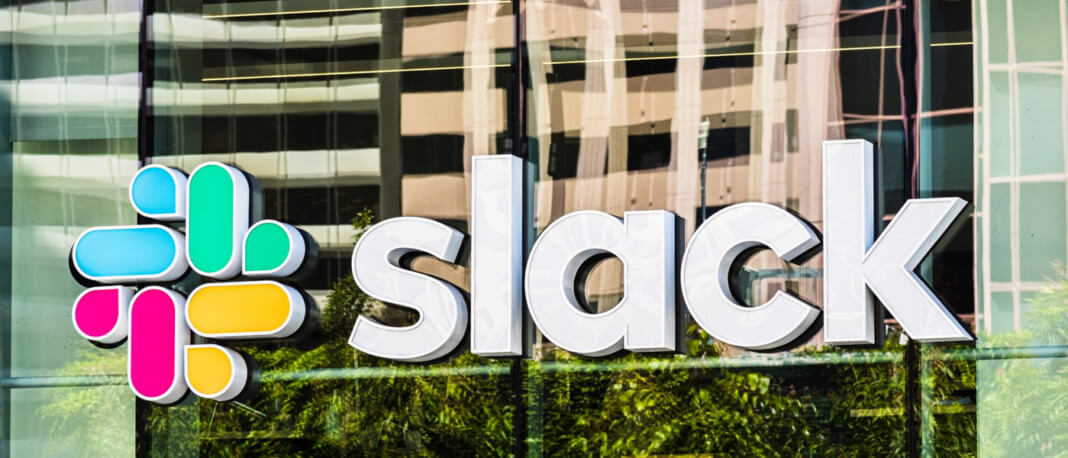In the midst of employee virtual-walkouts and criticisms aimed at Facebook CEO Mark Zuckerberg’s inaction over a particularly inflammatory post, Facebook has announced the long-awaited feature that identifies state-backed media on its platform.
Having gone under great scrutiny by state actors given Facebook’s association and passive reaction to the Cambridge Analytica fiasco, the social media giant announced back in October 2019 that they would be rolling out measures on their platform aimed at minimizing misinformation and promoting transparency.
The announcement seemed overdue given their commitment to improve their data handling woes was announced more than half a year ago. However, this could possibly be due to Facebook having to seek counsel from experts to comprehend “the different ways and degrees to which governments exert editorial control over media entities.” This helped the company identify the distinctions between the various media outlets and consider them in the implementation of the new labelling feature.
Facebook opened the announcement by stating that their aim is to aid users by keeping them informed on the actors responsible behind the news they see on their feed. The leading social media platform further shared “We’re providing greater transparency into these publishers because they combine the influence of a media organization with the strategic backing of a state, and we believe people should know if the news they read is coming from a publication that may be under the influence of a government.”
Users in US will start seeing these changes in the coming week and Facebook adds that later in 2020, the labelling will apply to paid endorsements too. Explaining that it is not straightforward to paint all state-funded media with the same brush, they have had to evaluate the various influencing factors before settling with a definition of state-controlled media that is not narrowed just by finances or ownership.
The announcement is a welcomed move and perhaps timed at a sensitive period pending a major US election where Facebook can look back and stand to defend themselves against accusations similar to their data breach in 2018.





